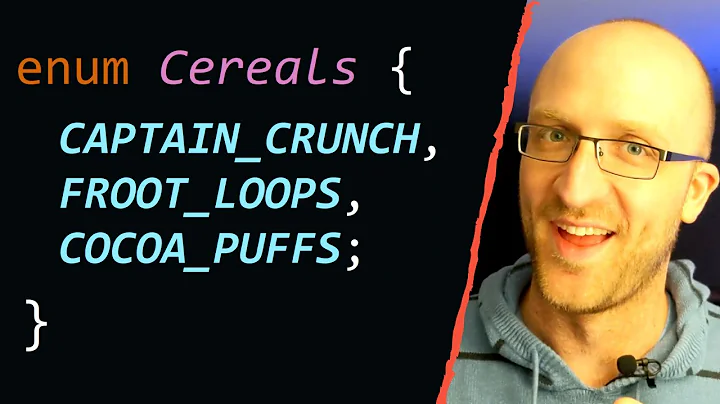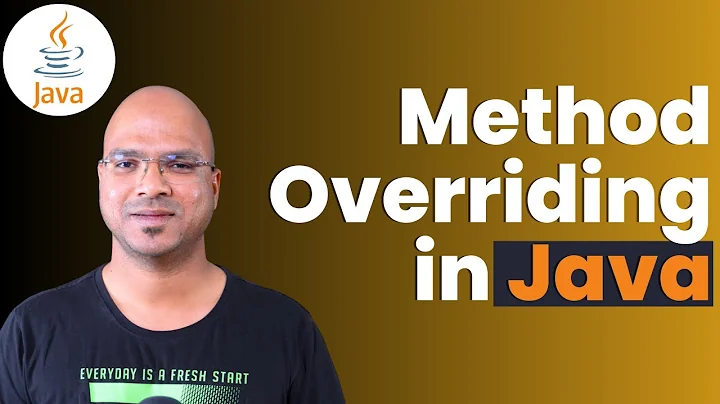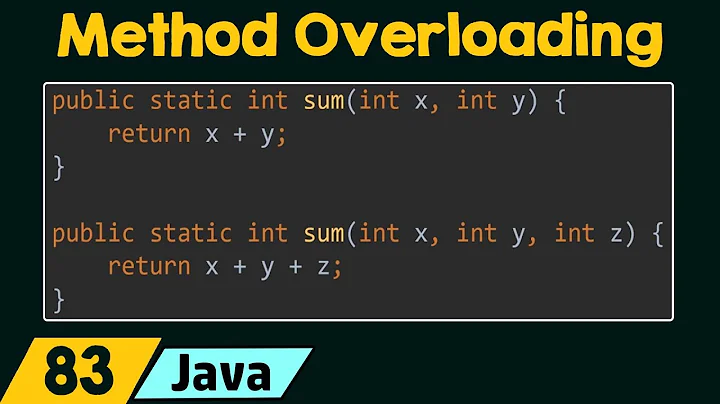Enum method overriding
Solution 1
(moved from comment)
Your first example is used commonly to implement a finite state machine in Java. It eliminates the need for every method having to have a if (state == FOO) {} else if (state == BAR) etc
class MyFSM {
enum State {
FIRST_STATE {
@Override
void start(MyFSM fsm) {
fsm.doStart();
}
@Override
void stop(MyFSM fsm) {
throw new IllegalStateException("Not Started!");
}
},
SECOND_STATE {
@Override
void start(MyFSM fsm) {
throw new IllegalStateException("Already Started!");
}
@Override
void stop(MyFSM fsm) {
fsm.doStop();
}
};
abstract void start(MyFSM fsm);
abstract void stop(MyFSM fsm);
}
private volatile State state = State.FIRST_STATE;
public synchronized void start() {
state.start(this);
}
private void doStart() {
state = SECOND_STATE;
}
public synchronized void stop() {
state.stop(this);
}
private void doStop() {
state = FIRST_STATE;
}
}
Solution 2
The first pattern is slightly better for "default" methods that don't all need to be overridden.
public enum Modes {
MODE_ONE {
@Override public boolean canDoA() {
return true;
}
},
MODE_TWO {
@Override public boolean canDoB() {
return true;
}
},
MODE_THREE {
@Override public boolean canDoC() {
return true;
}
};
public boolean canDoA() {
return false;
}
public boolean canDoB() {
return false;
}
public boolean canDoC() {
return false;
}
}
Related videos on Youtube
Sednus
I am a Computer Engineer graduate. Currently working as a Software Engineer. My main programming experience is working with Java.
Updated on November 16, 2020Comments
-
Sednus over 3 years
I've found
Enums defined like the following:public Enum MyEnum { ONE { @Override public int getSomething() { return 1; } }, TWO { @Override public int getSomething() { return 2; } } int getSomething() { return 0; } }Somehow I feel some type of discomfort with this implementation because I would think that ideally a field should be defined for this purpose and the class should look something like:
public Enum MyEnum{ ONE(1), TWO(2) private int theSomething; private MyEnum(int something) { theSomething = something; } int getSomething() { return theSomething; } }The problem is that apart from personal discomfort I cannot find any good reason to change this code. Do any exists?
-
Tom over 11 yearsThe second form makes it more readable and more extendable, go for that one!
-
Brian Roach over 11 yearsIt's a state machine in your first example. Not implemented quite right (
getSomething()should be abstract ) ... but that's why you use that type of structure. And the methods are generally far more complex in a real example (they actually do things rather than returning static values) and/or throwIllegalStateExceptionwhen they shouldn't be called in a current state. -
Louis Wasserman over 11 yearsBoth of these are valid approaches.
-
-
Sednus over 11 yearsThe case is using a simple enum, just getter methods. But good to know this, thanks!
-
Brian Roach over 11 yearsThen it's overkill, IMHO. Valid ... but overkill. The above is the only reason I'd use it.







